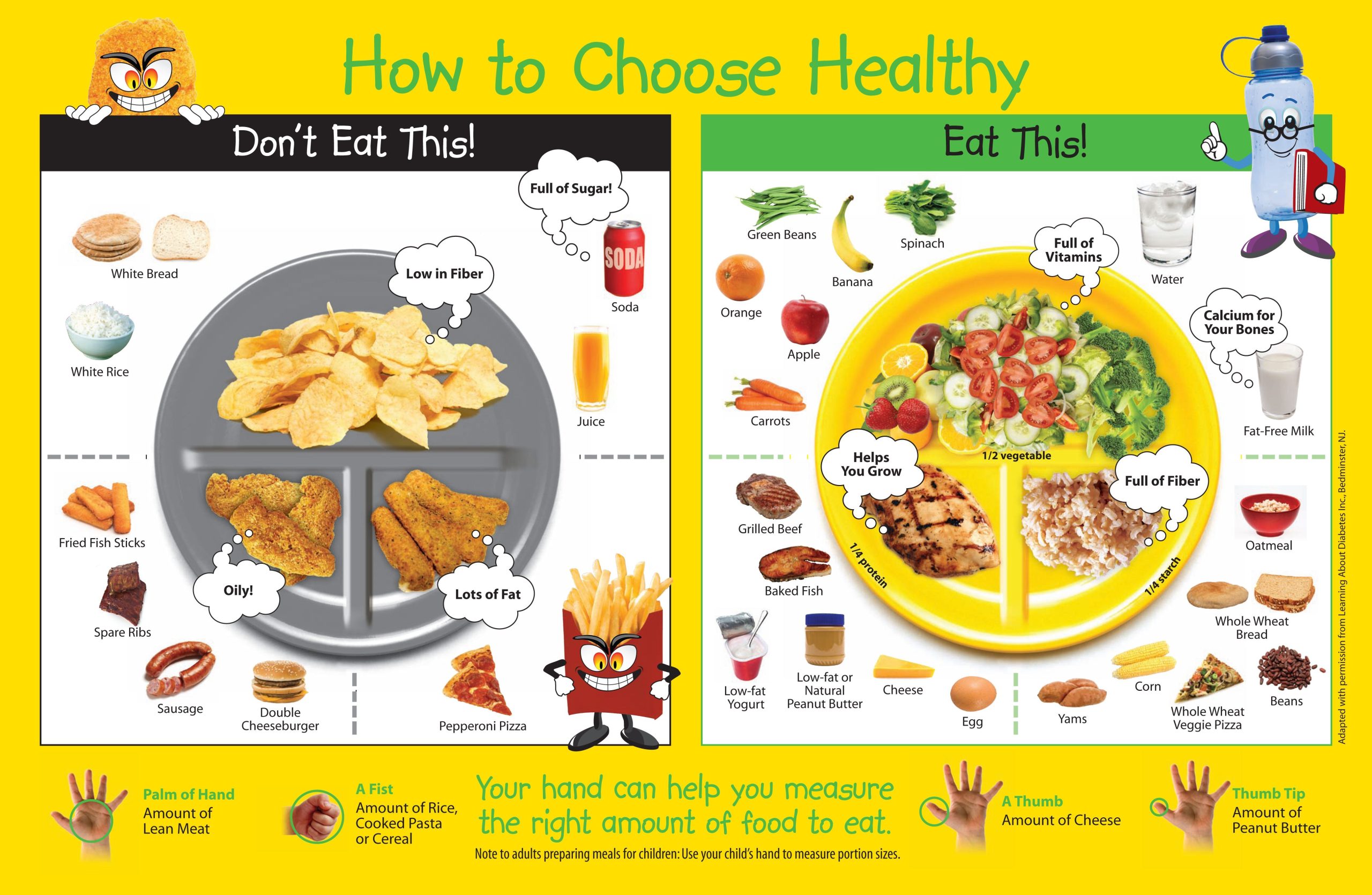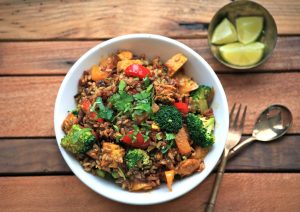
A Beginner’s Guide to Healthy Eating and Nutrition
Introduction
When it comes to leading a healthy lifestyle, one of the most crucial elements is proper nutrition and healthy eating habits. Good nutrition not only helps in maintaining a healthy weight but also supports overall well-being. If you are a beginner with little to no knowledge about healthy eating and nutrition, this guide is here to help.
The Importance of Healthy Eating
Healthy eating is vital for various reasons. Firstly, it provides the necessary nutrients required for optimal bodily functions, growth, and development. Secondly, it prevents chronic diseases such as cardiovascular disorders, diabetes, and obesity. Additionally, maintaining a balanced diet can enhance energy levels, improve mood, and boost immune function.
The Basics of a Healthy Diet
A healthy diet consists of a variety of nutrient-dense foods, including fruits, vegetables, whole grains, lean proteins, and healthy fats. It is important to consume a balanced combination of these food groups to ensure your body receives all the necessary vitamins, minerals, and macronutrients.
Fruits and Vegetables
Fruits and vegetables are packed with essential vitamins, minerals, antioxidants, and dietary fiber. They aid in digestion, reduce the risk of chronic diseases, and promote overall health. Aim to include a colorful assortment of fruits and vegetables in your daily meals.
Whole Grains
Whole grains, including brown rice, quinoa, whole wheat bread, and oats, are rich in fiber and various nutrients. They provide sustained energy, promote healthy digestion, and help control blood sugar levels.
Lean Proteins
Lean protein sources such as poultry, fish, beans, lentils, and tofu are essential for muscle repair and growth. They also contain important amino acids necessary for various bodily functions.
Healthy Fats
Contrary to popular belief, not all fats are bad for you. Healthy fats, found in avocados, nuts, seeds, and olive oil, are crucial for brain function, hormone production, and vitamin absorption. However, moderation is key as fats are calorie-dense.
Avoid Processed Foods and Added Sugars
While it is important to focus on consuming nutrient-dense foods, it is equally crucial to limit or avoid processed foods and added sugars. These can lead to weight gain, inflammation, and an increased risk of chronic diseases. Try to cook meals at home using fresh ingredients and read food labels to avoid hidden sugars.
Portion Control
Even when consuming nutritious foods, portion control is vital. Be mindful of your serving sizes to avoid overeating. Listen to your body’s hunger and fullness cues to ensure you eat in moderation.
Stay Hydrated
Water is essential for maintaining optimal bodily functions. Drink an adequate amount of water throughout the day to stay hydrated. Avoid sugary beverages and opt for water as your primary choice of drink.
Conclusion
Achieving a healthy lifestyle through proper nutrition and healthy eating habits is an ongoing journey. By understanding the basics of a balanced diet, avoiding processed foods, practicing portion control, and staying adequately hydrated, you can improve your overall well-being.

